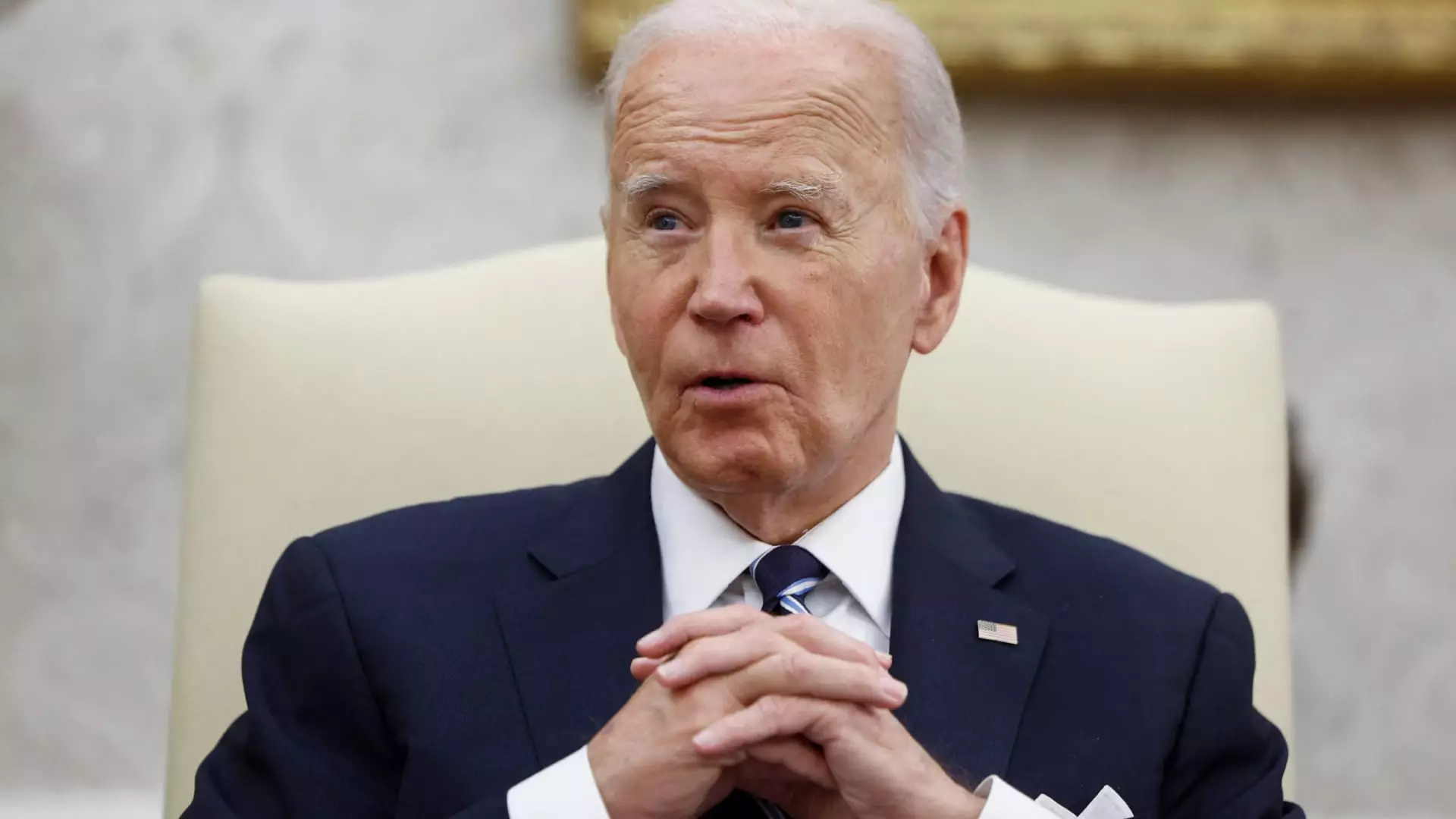As the 2024 election approaches, lawmakers have managed to stave off an immediate government shutdown. However, the relief is temporary, with a funding crisis looming just before the holiday season. This situation raises pressing questions about Congress’s ability to enact the necessary appropriations for the upcoming fiscal year and the political dynamics at play amid an impending transition in federal leadership.
In a fragile attempt to fund federal agencies for the fiscal year 2025, bipartisan negotiators face a monumental challenge. With only a five-week window available between Election Day and the year-end, the chances of passing the twelve appropriations bills seem slim. Historically, the lame-duck session offers limited opportunities for legislative initiatives, and this year is no different. Both chambers of Congress have yet to find common ground, which only complicates the situation further.
In light of these challenges, congressional leaders may be forced to resort to a familiar but chaotic legislative practice: the omnibus spending package. Such a comprehensive bill allows lawmakers to bundle multiple appropriations together, gaining support across partisan lines. However, this approach often leads to a rushed process filled with hasty compromises—a scenario that many lawmakers are trying to avoid.
House Speaker Mike Johnson, a Republican from Louisiana, recently stated his intention to eliminate the long-standing tradition of last-minute Christmas omnibus spending bills. He has publicly asserted that his leadership will chart a new course away from this chaotic practice. Nevertheless, observers remain skeptical of his ability to follow through on these claims, especially as he failed to rule out the possibility of an omnibus coming to the floor in December.
Johnson’s resolve to discontinue the year-end spending tradition reflects an increasing desire among some constituents for accountability and transparency in federal budgeting. Yet, given the political complexities at hand, Johnson appears to be walking a tightrope, balancing his party’s internal divisions while also needing to rely on Democratic support for must-pass legislation.
Despite the Speaker’s ambitions, seasoned appropriators seem to lean towards a more predictable outcome. Many insiders, like Rep. Debbie Wasserman Schultz from Florida, argue that the ultimate solution will likely yield a sweeping omnibus spending package come December. Schultz acknowledges that while Johnson’s proclamation may have some merit, the reality of legislative negotiations is much less black and white.
The juxtaposition of political factions in Congress makes such predictions compelling. As House Democrats continue to contribute significantly to the passage of essential legislation, their influence and necessity become ever more apparent. The pattern of minority parties aiding in the effectiveness of the government raises critical questions regarding the efficacy of a divided Congress.
The outcomes of the imminent elections are poised to play a crucial role in shaping the budgetary landscape as well. Should Republicans manage to secure a strong majority in both chambers, they might exert pressure towards a temporary funding solution extending into 2025. Conversely, a continued divided government could lead to fraught negotiations and exacerbate the budgetary malaise.
The anticipation of these election results adds an additional layer of urgency to the budget discussions. Lawmakers find themselves not only considering the current funding needs but also the political ramifications of their decisions moving forward.
As the clock ticks down to the December funding deadline, all eyes are on Congress and its ability to navigate this impasse. The balance of power, the pledge to shift away from short-term fiscal solutions, and the potential for an omnibus package all mark an intricate web of politics that lawmakers must carefully untangle. While some show optimism for bipartisan cooperation, the reality of entrenched partisanship presents a daunting challenge. Ultimately, how this scenario unfolds will significantly affect the functioning of government just as the new legislative term begins, making it a pivotal moment for both Congress and the American public it serves.


Leave a Reply